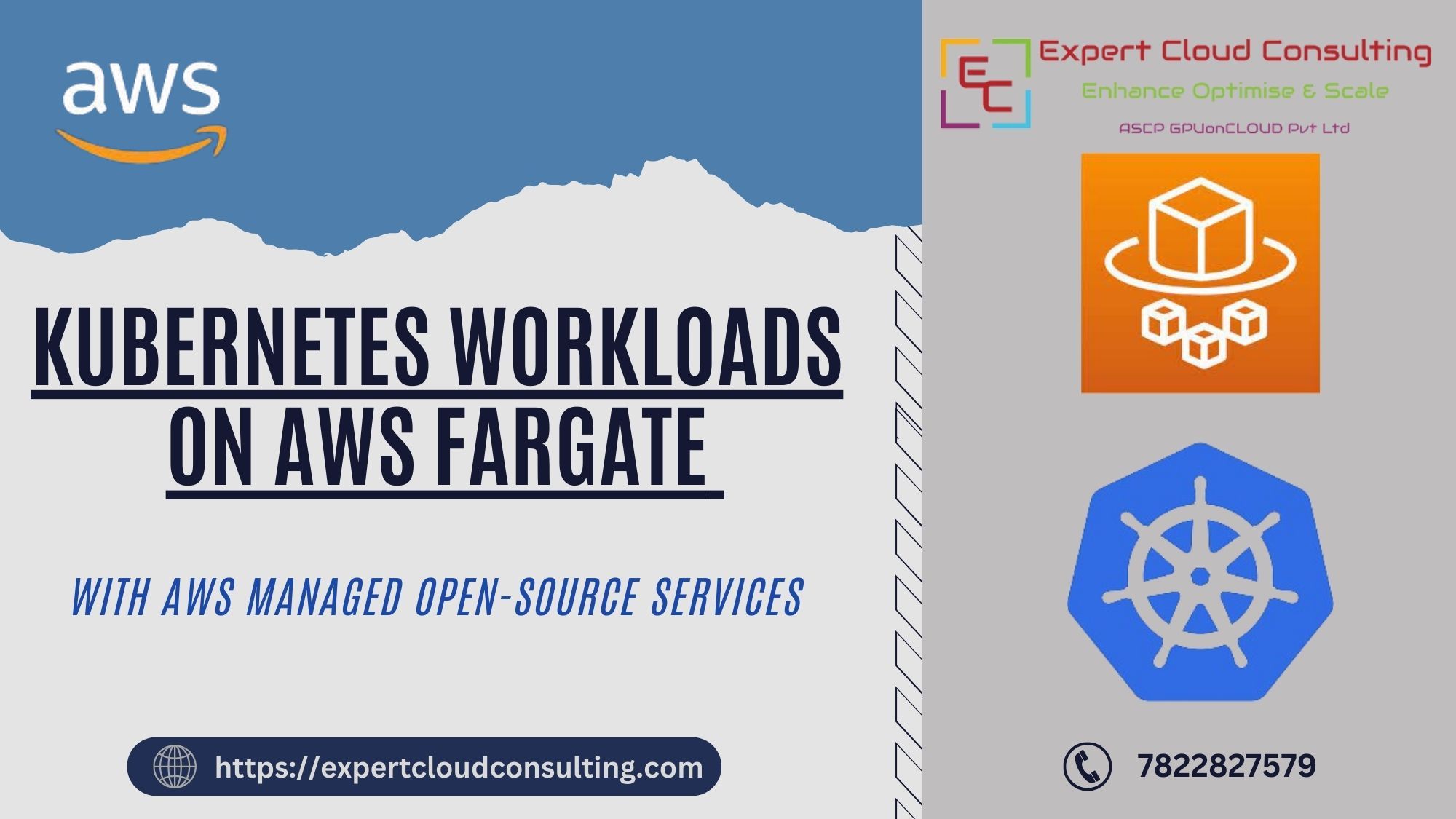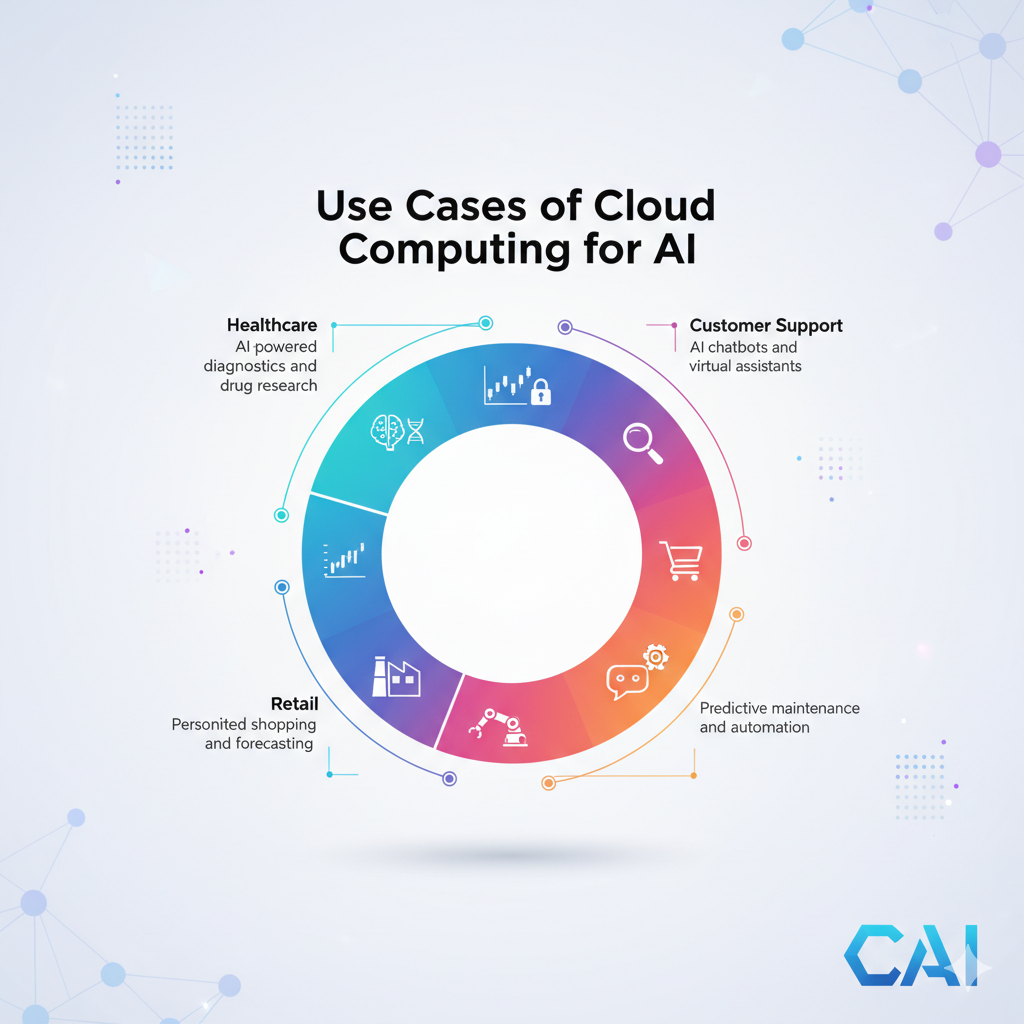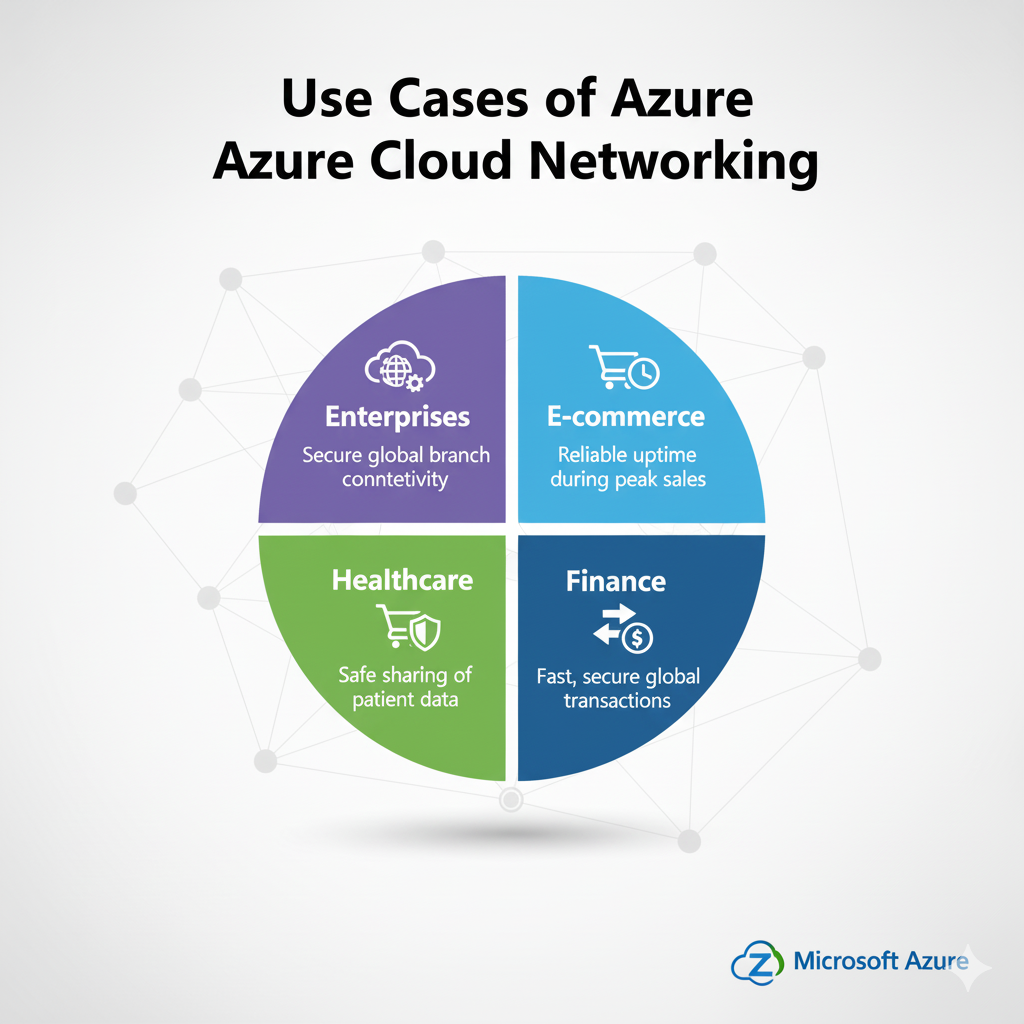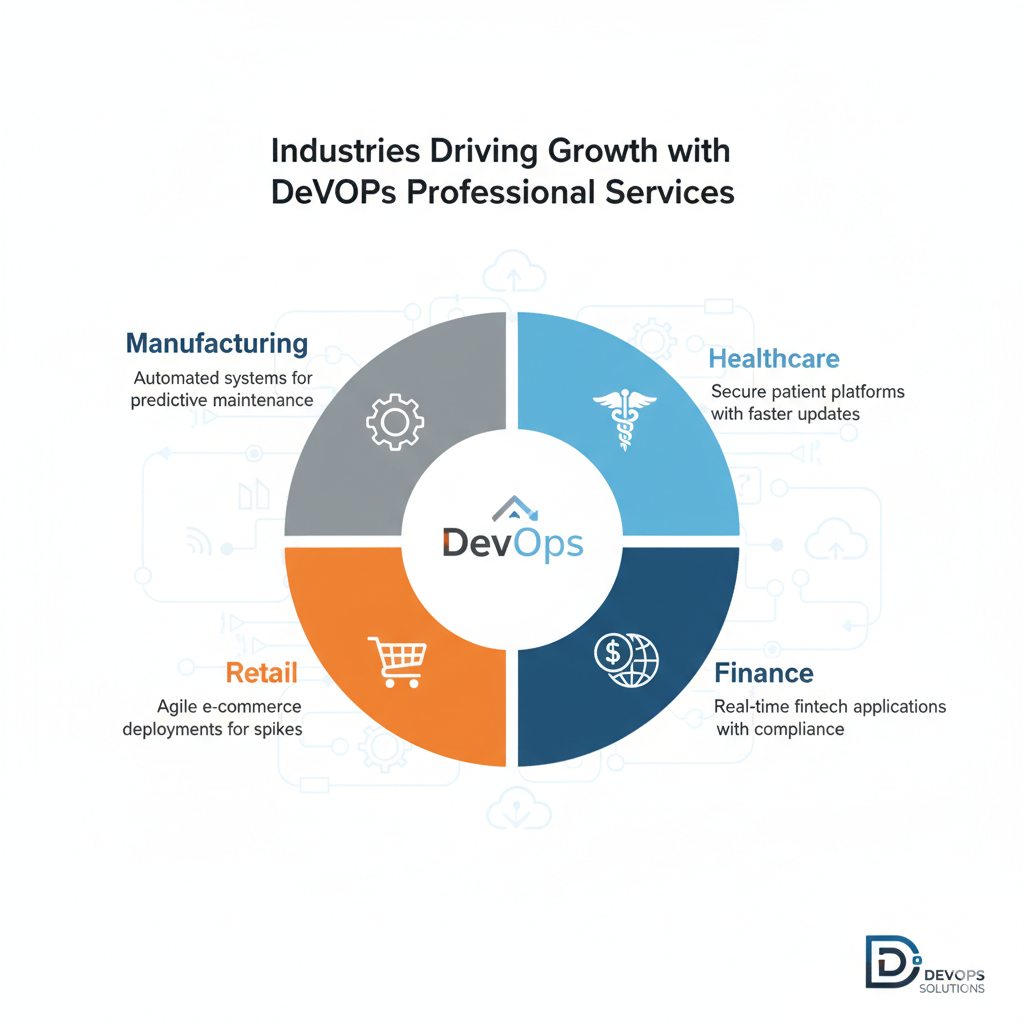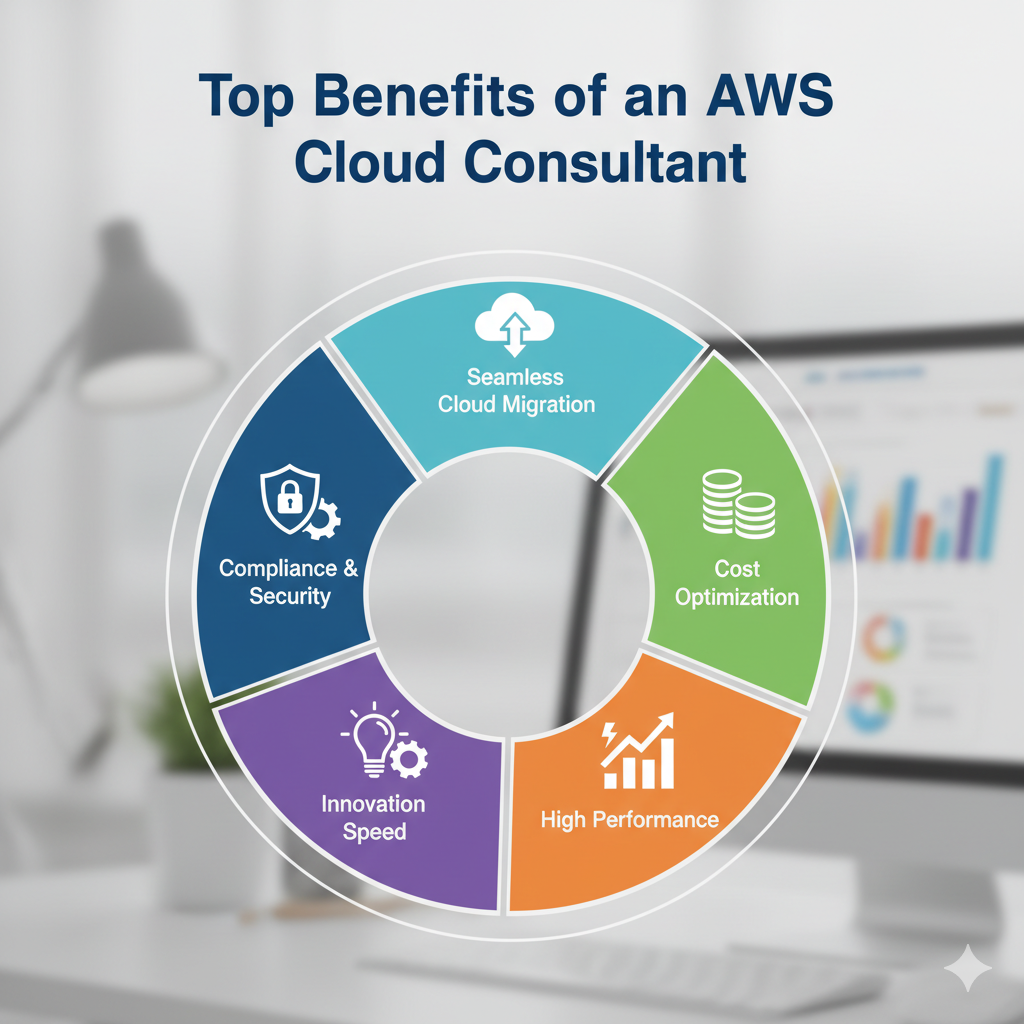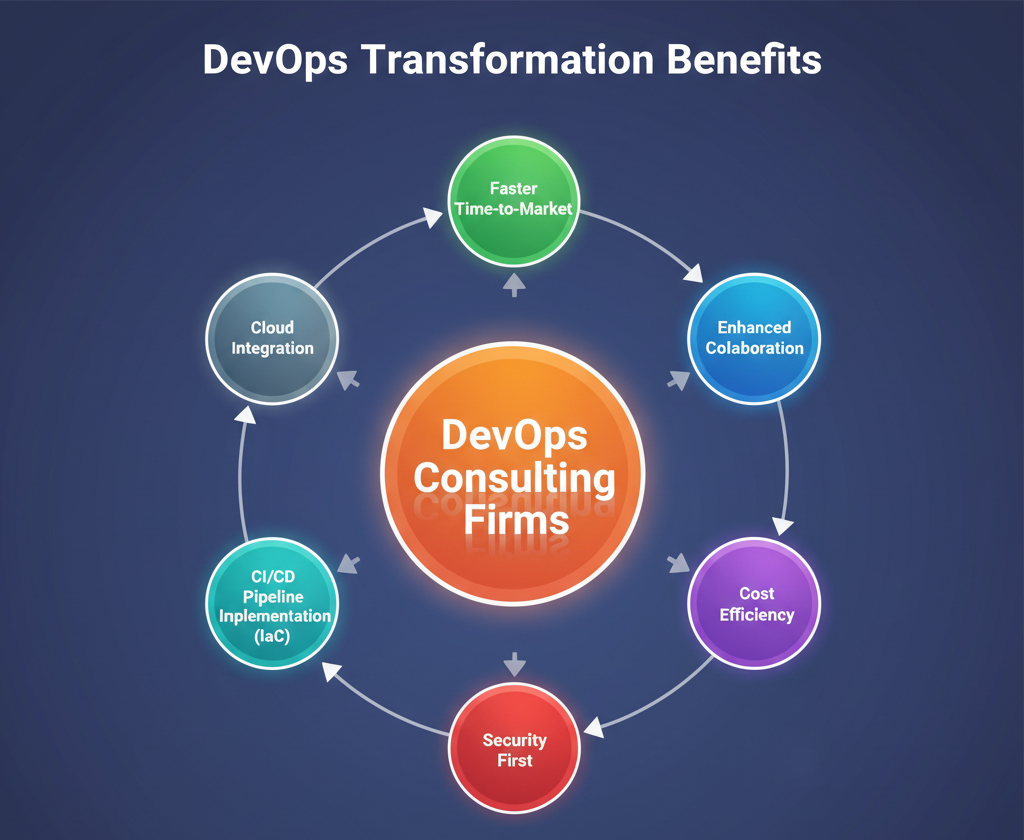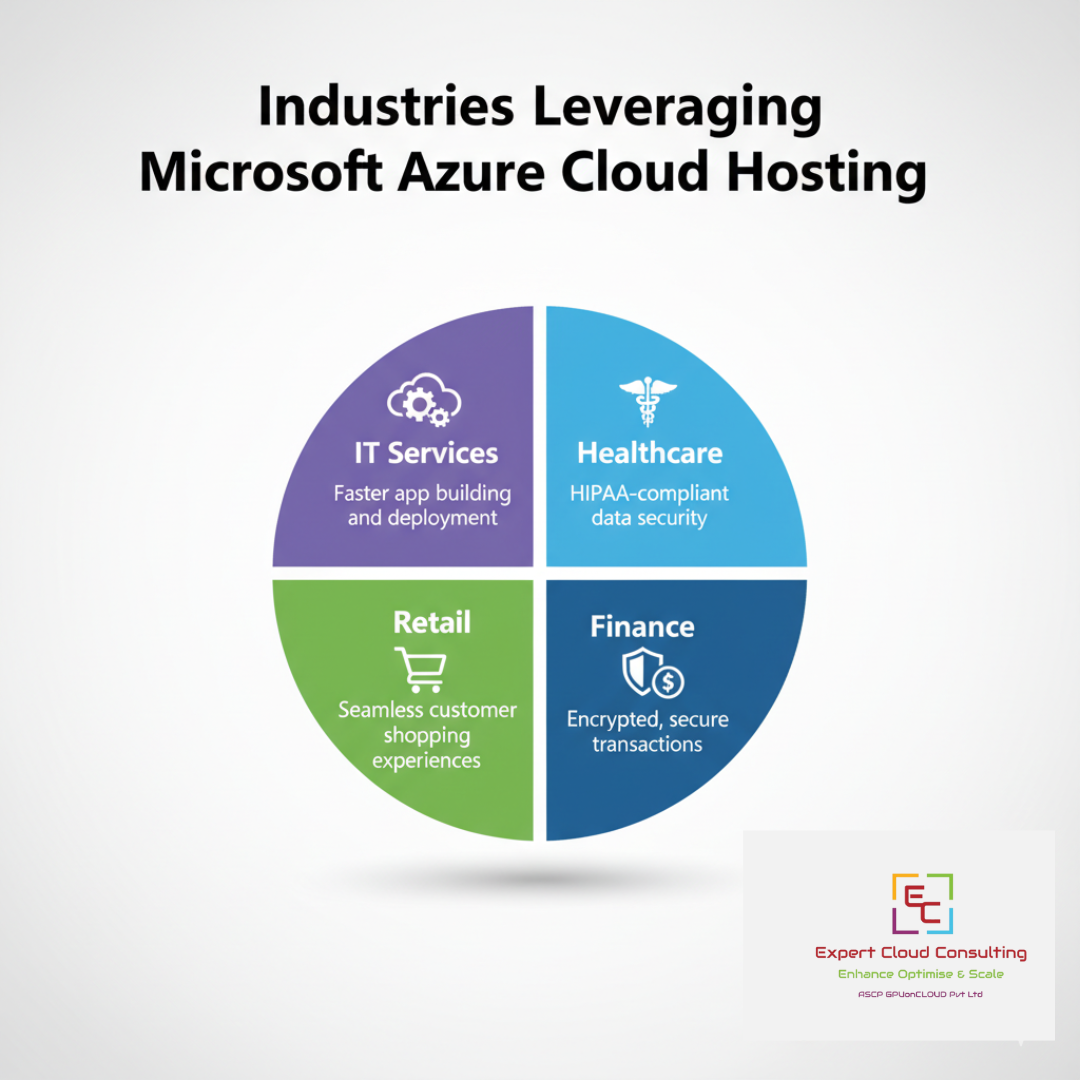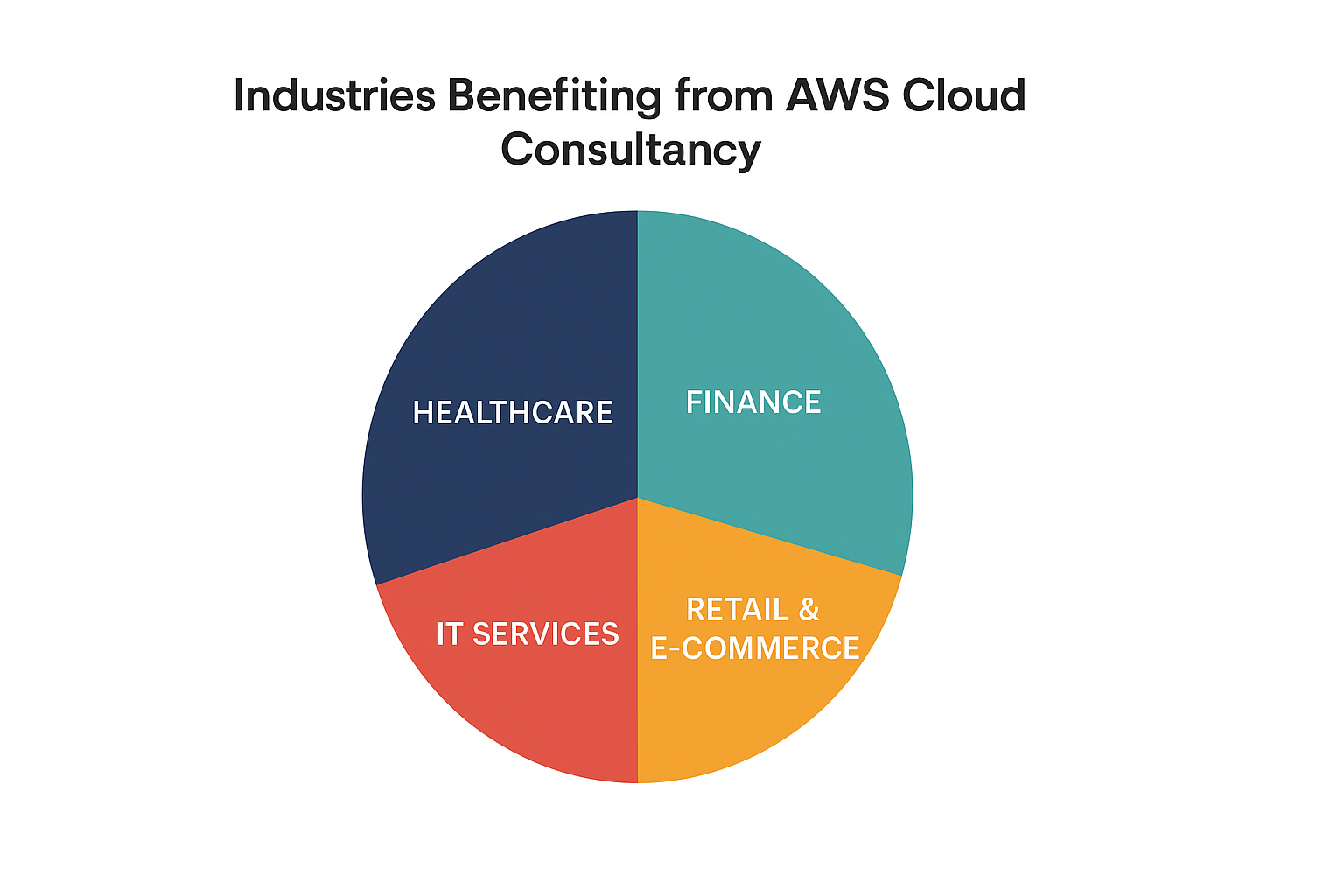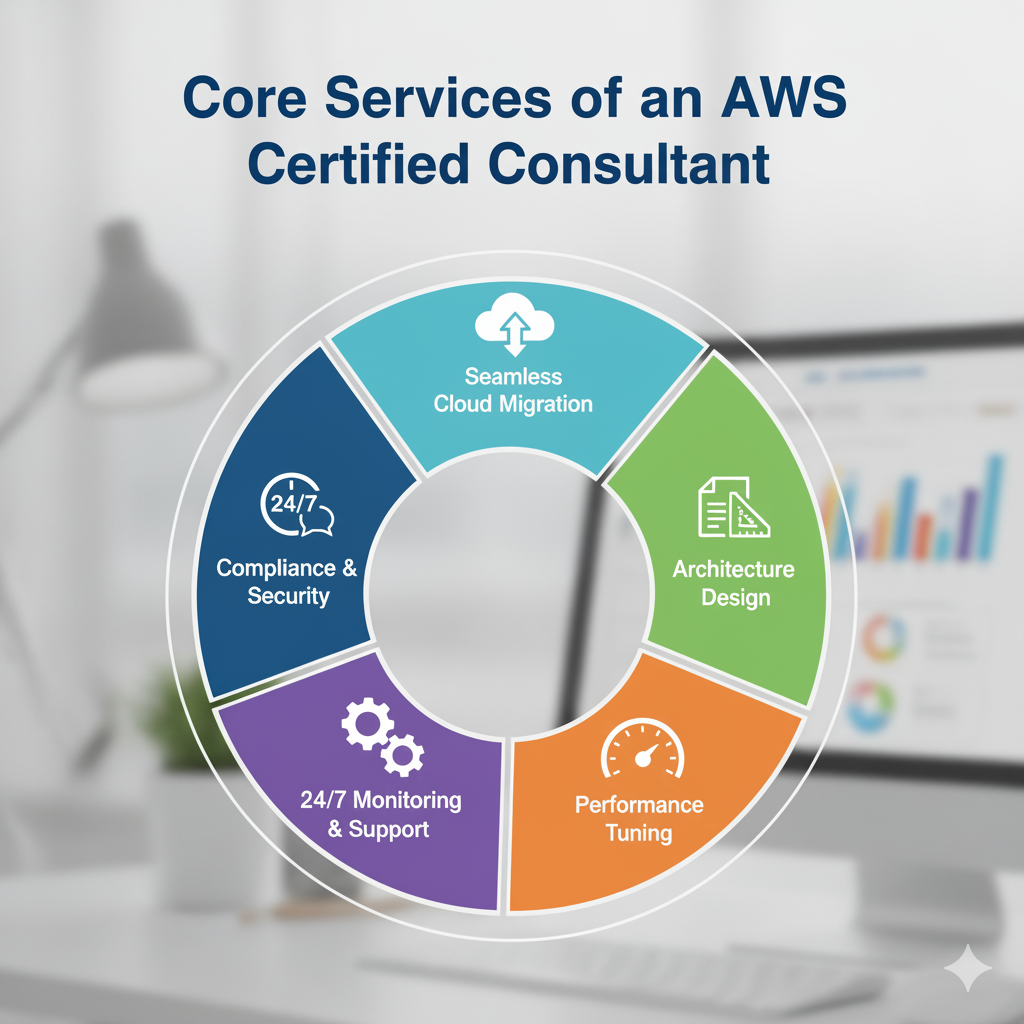- IntroductionIn today's fast-paced cloud-native landscape, managing Kubernetes workloads efficiently while ensuring observability and scalability is crucial for businesses. AWS Fargate, coupled with AWS managed open-source services, offers a seamless solution to alleviate the operational burden and enhance observability for Kubernetes workloads. In this blog post, we'll delve into the benefits and practicalities of observing Kubernetes workloads on AWS Fargate using AWS managed open-source services.🛡️✨
What's New ? 🛠️AWS recently introduced the AWS CDK Observability Accelerator, a streamlined toolkit designed to facilitate observability setup for Amazon EKS clusters. By leveraging AWS CDK and CDK EKS Blueprints, it offers simplified provisioning and maintenance, enabling customers to effortlessly establish observability in their environments. This accelerator, along with its Terraform counterpart, provides pre-defined patterns and reusable components, empowering users to deploy multiple resources seamlessly.
Understanding AWS Fargate and Kubernetes Integration🌐
AWS Fargate revolutionizes container management by abstracting away the underlying infrastructure, allowing developers to focus solely on deploying and running containerized applications. When integrated with Amazon Elastic Kubernetes Service (Amazon EKS), Fargate empowers users to run Kubernetes pods without the hassle of managing worker nodes. This integration is facilitated by AWS controllers within the EKS managed control plane, ensuring seamless scheduling of Kubernetes pods onto Fargate.
Challenges in Observing Kubernetes Workloads🤔
Observing Kubernetes workloads on Fargate comes with its own set of challenges. Traditional monitoring approaches may not be sufficient due to the dynamic nature of containerized environments. Challenges include monitoring resource utilization, tracking application performance, identifying bottlenecks, and troubleshooting issues in a highly distributed and ephemeral infrastructure.
Overcome the Challenges⚡ AWS managed open-source services offer a comprehensive set of tools and capabilities to overcome the challenges of observing Kubernetes workloads on AWS Fargate:
1️⃣ Amazon CloudWatch👀AWS CloudWatch provides monitoring and observability for AWS resources and applications. With CloudWatch, users can collect and track metrics, monitor log files, set alarms, and automatically react to changes in their AWS resources. Integration with Fargate allows users to monitor resource utilization, such as CPU and memory usage, across their Kubernetes workloads.
2️⃣ Amazon CloudWatch Container Insights☁️Container Insights is a feature of CloudWatch specifically designed for monitoring containerized applications. It provides visibility into container performance metrics, resource utilization, and logs. With Container Insights, users can gain insights into their Kubernetes workloads running on Fargate, allowing them to identify performance bottlenecks and troubleshoot issues effectively.
- 3️⃣ AWS X-Ray🕵️♂️
- 5️⃣ AWS Managed Grafana📊Grafana is an open-source analytics and visualization platform commonly used for monitoring and observability. AWS offers a managed Grafana service, which integrates with other AWS monitoring services, including CloudWatch and Prometheus. Managed Grafana allows users to create customized dashboards and visualizations to monitor their Kubernetes workloads on Fargate effectively.
Conclusion
Leveraging AWS Fargate with AWS managed open-source services offers a powerful solution for simplifying Kubernetes workload observability. By utilizing tools like Amazon CloudWatch, Container Insights, AWS X-Ray, Managed Prometheus, and Managed Grafana, businesses can effectively monitor, analyze, and optimize their containerized applications running on Fargate. This integrated approach not only addresses the challenges of observability in dynamic environments but also enhances operational efficiency, enabling organizations to focus on innovation and growth in the cloud-native landscape.🌟🛡️


